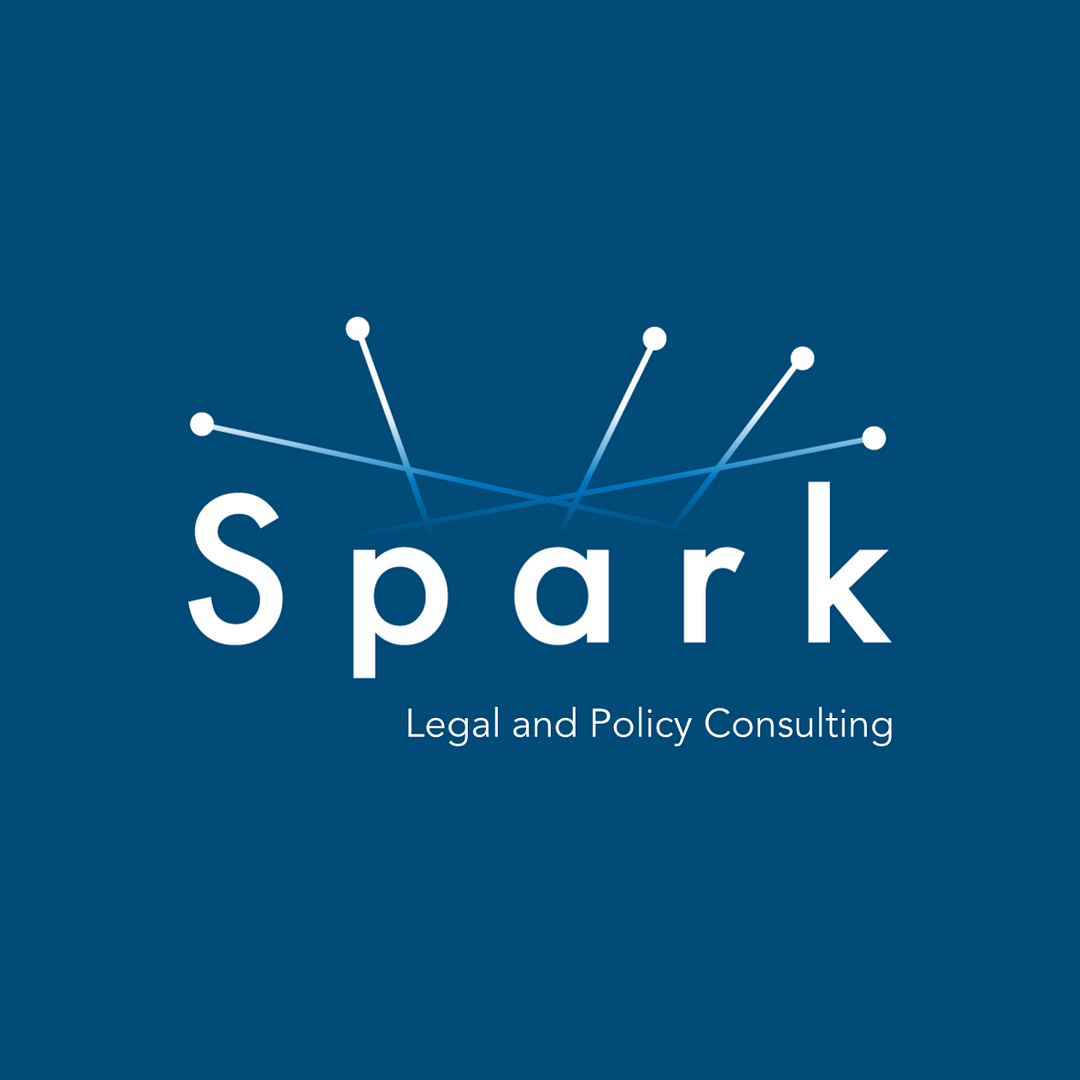Traineeships have become a key stepping stone between school and paid employment for young people.
The most extensive survey at the EU level, conducted by the European Commission in 2013, showed that 46% of people aged 18 to 35 had undertaken at least one (and often more than one) traineeship. Undertaking traineeships can increase employability and can facilitate the transition of young people into stable jobs, through gaining experience in the workplace, learning the practical application of knowledge acquired in academic settings, developing job-related and transversal skills, and expanding social networks.
Spark Legal Network, together with its partners Ecorys UK and 3S Research Consultancy, is currently carrying out a Study supporting the evaluation of the 2014 Quality Framework for Traineeships (QFT) for the European Commission (DG EMPL).
Background
This study comes at a crucial juncture for EU youth employment and training policy. Measures to support the Sustainable Labour Market integration and appropriate training of young people across the EU are having to adapt at an ever-increasing pace to the changing demands of the digital and green transition, globalisation, and demographic shifts. The Covid-19 pandemic has further accelerated these changes drastically, altering the way that young people learn, work, and connect.
In 2014, the Council adopted the Recommendation, based on a Commission proposal, on the QFT. The Recommendation urges the Member States to improve the quality of traineeships, particularly in relation to learning and training content and working conditions, to ease the transition from education, unemployment, or inactivity to work. As such, the QFT is an important reference point for determining what constitutes a good quality offer of traineeships. The 2014 Council Recommendation comprises a list of ‘principles’ covering, among others, learning and training objectives, working conditions, and the recognition and validation of the knowledge, skills and competences acquired during a traineeship.
Despite the aim of the 2014 Council Recommendation, traineeships can sometimes be overused as a cheap form of labour without the intended benefits for the trainee, which may point to an insufficient implementation of the QFT. Given the vulnerability of young people and their increasingly lengthy and challenging transition from the world of education to the world of work, quality traineeships should facilitate their stable labour market integration. Low-quality traineeships do not meet such objectives. As such, the European Youth Forum and the European Parliament have been advocating stronger and less voluntary measures.
The Commission, in the European Pillar of Social Rights Action Plan, reiterated the importance of traineeships and internships and announced that the Commission will ‘review in 2022 the Council Recommendation on the QFT, notably as regards working conditions’.
Spark’s role
The overall purpose of the study is to support the Commission in its 2022 evaluation of the 2014 Council Recommendation for a QFT. The study will assess what has been done, what works, and what does not work (and why) in terms of implementation of the QFT.
The role of Spark in this project is to review the degree of the legal implementation of the QFT across the Member States.


